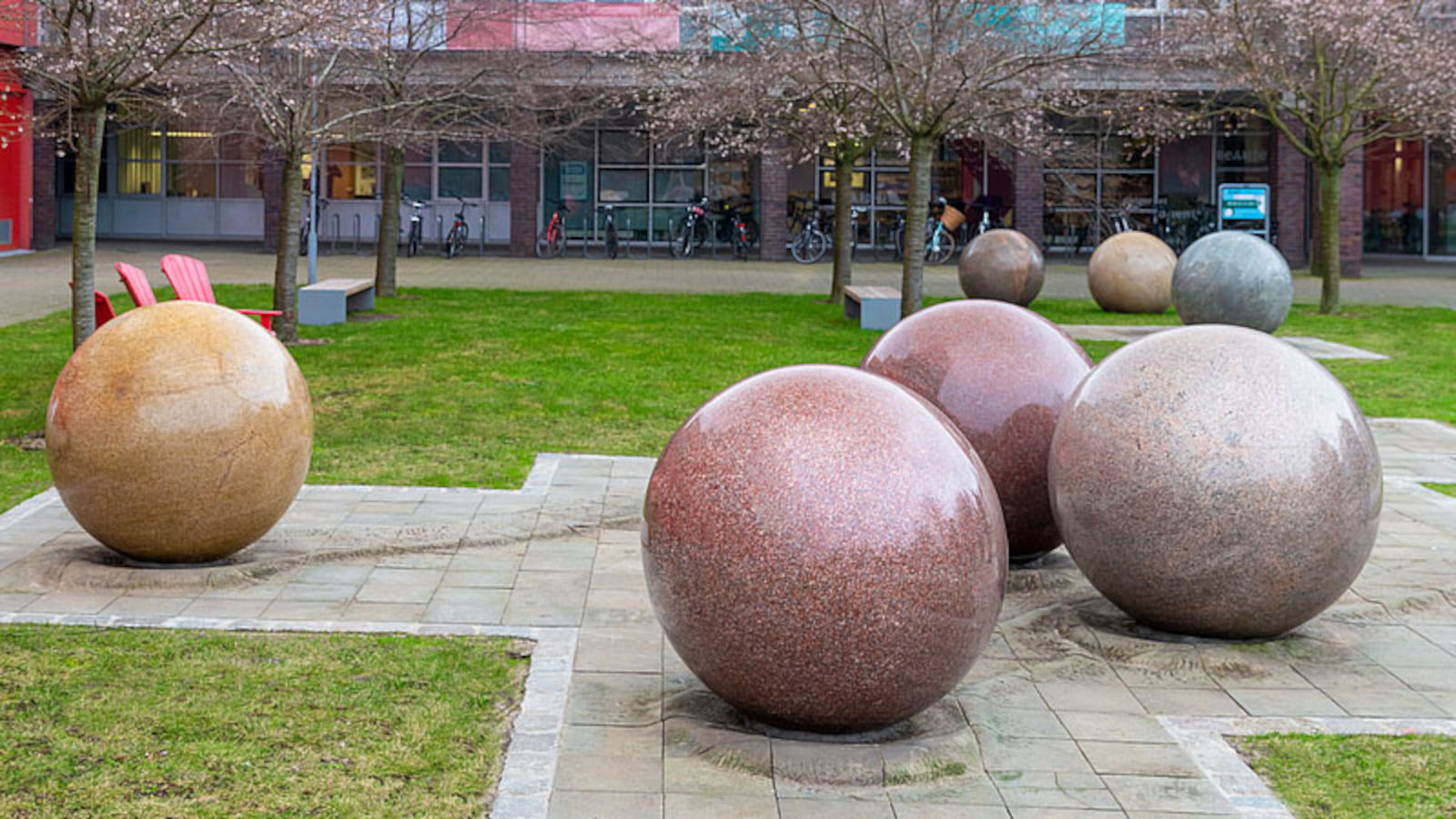
© Matej Meza / Universität Bremen
A Review of the Year 2022
Looking Back on 2022 at the University of Bremen
With significant milestones reached in artificial intelligence research, an award-winning Director of Music joining the staff, and a new work of art appearing on the campus, 2022 was a year of positive developments. Here is a selection of highlights from the University of Bremen over the past year.
Since the beginning of last year, a new work of art called “Boule-Spiel” has been on display in the Garden of Nations. The ensemble of sculptures created by the artist Bernd Uiberall previously stood in the entrance area of the former state central bank on Kohlhökerstrasse in the Viertel, downtown Bremen. It was first installed at that location in 1983 by the artist and the GrünPlan team. The sculpture was relocated to the campus thanks to the support of the property owner, the cultural department, and the city planning office.
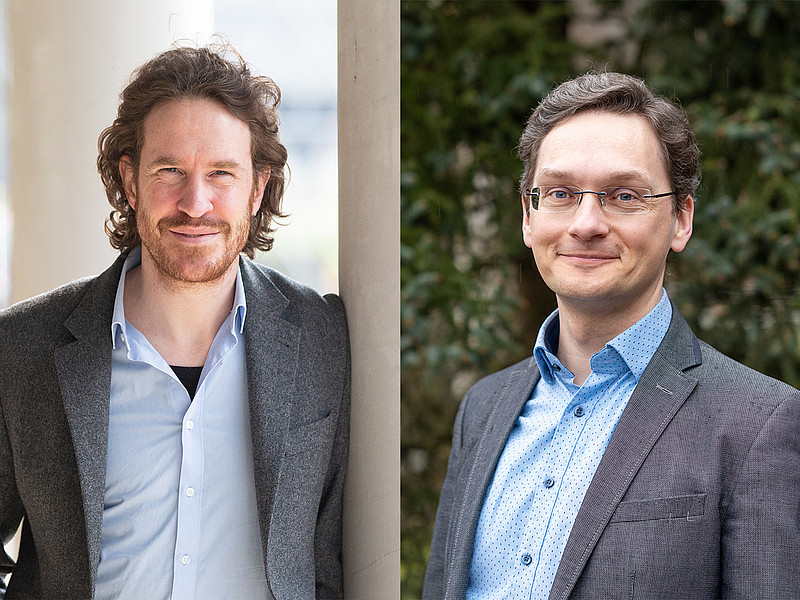
© links: Jens Lehmkühler rechts: BIMAQ
In March 2022, two professors from the University of Bremen received an ERC grant, one of the highest awards from the European Research Council. Engineering scientist Andreas Fischer and marine scientist Jan-Hendrik Hehemann each receive around two million euros for their basic research. The ERC Consolidator Grant is one of the European Union’s most prestigious funding programs for individual scientists. Through this initiative, the European Research Council supports outstanding researchers in their innovative basic research.
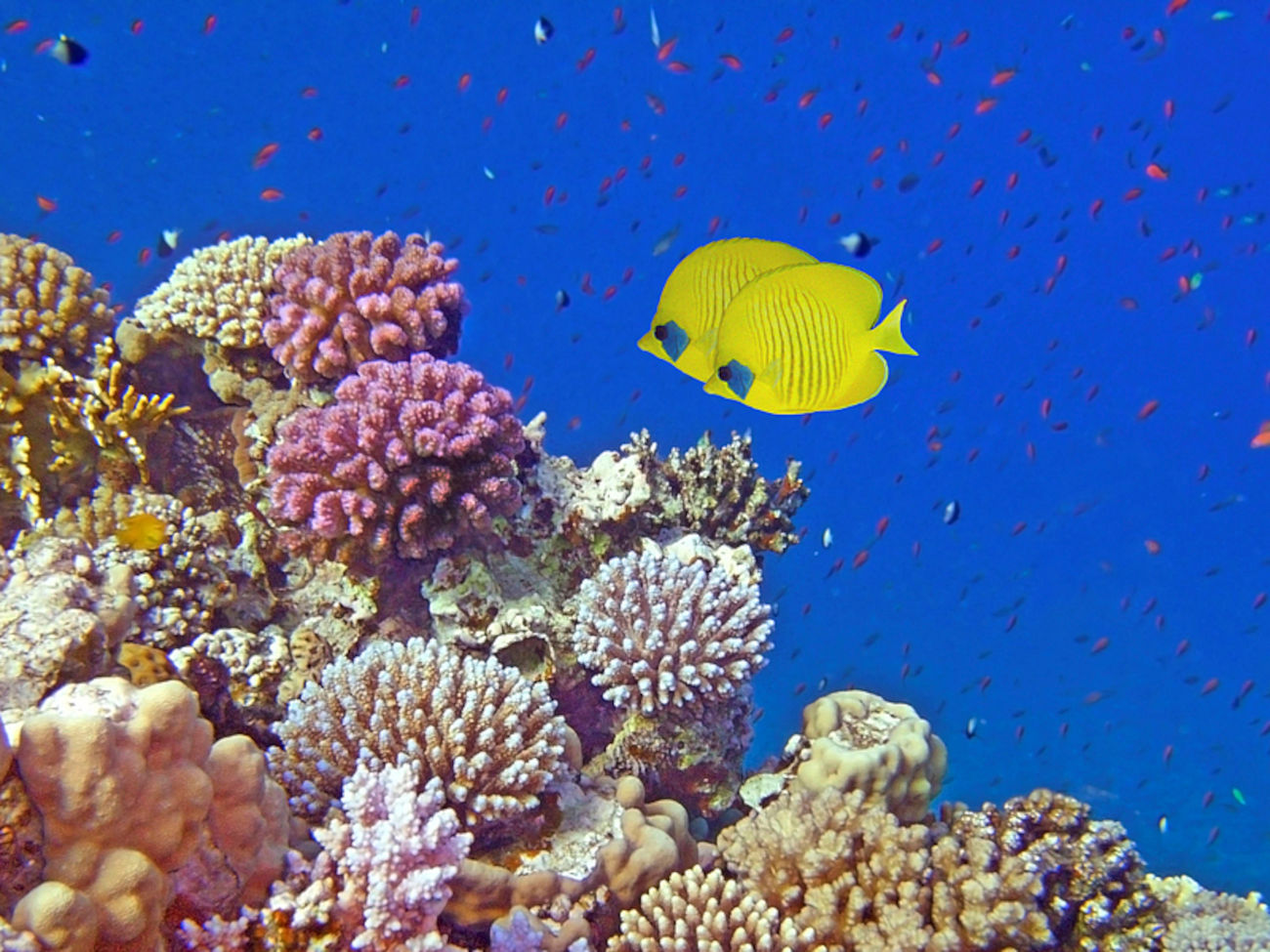
© Heinz Krimmer / ICRS 2022
In July, the 15th International Coral Reef Symposium took place in Bremen. The International Coral Reef Symposium has a vital role because the world remains in a coral reef crisis. The existence of these ecosystems is threatened. The main causes are climate change, overfishing, and pollution of the oceans. Dialogue between academia and politics is an important building block for initiating positive change.
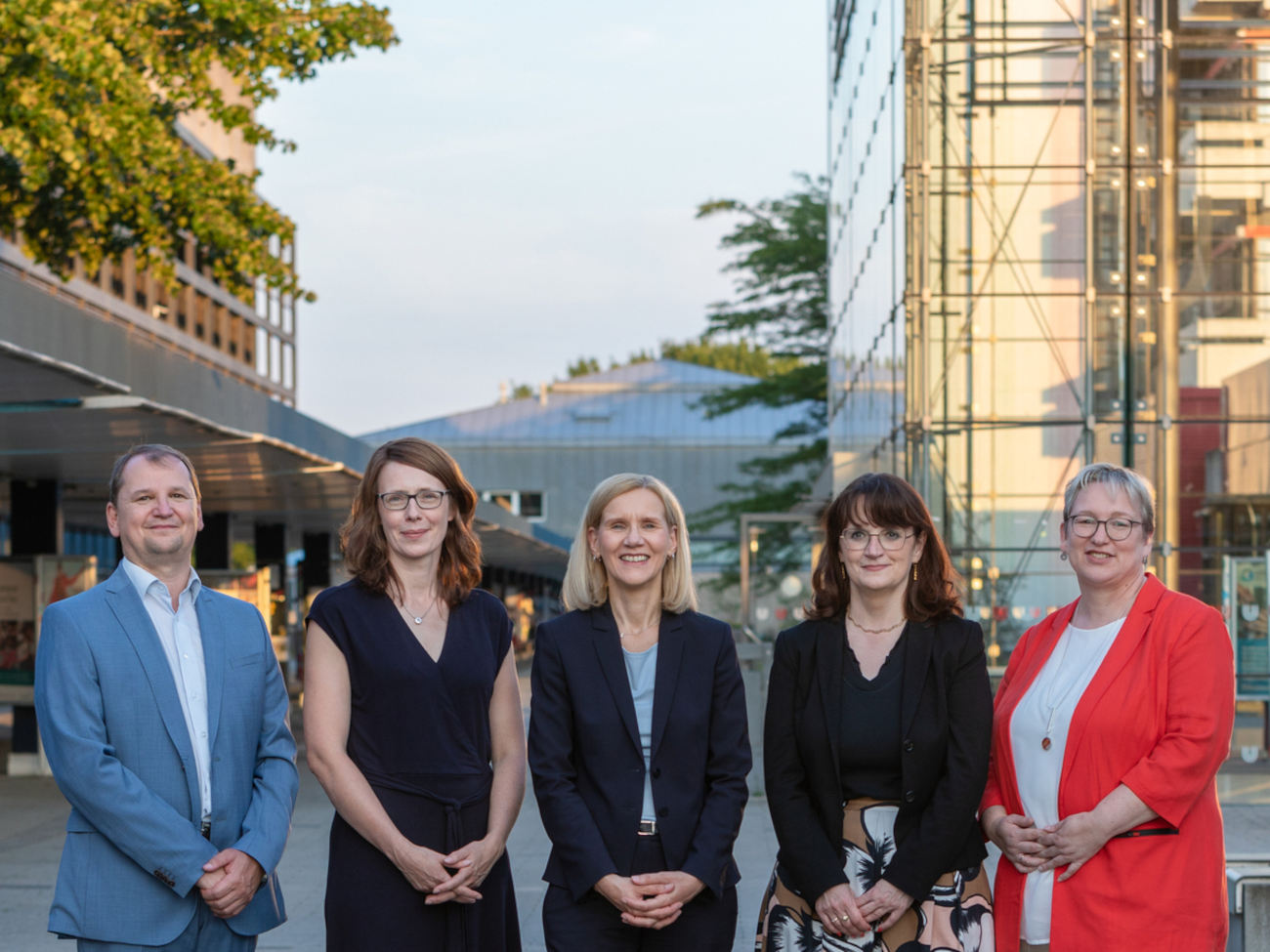
© Matej Meza / Universität Bremen
In September, there was a change of staff on the University Executive Board: Jutta Günther took over as President, starting her term with a new team of Vice Presidents. Mandy Boehnke, the Vice President for Internationality, Academic Qualification, and Diversity, is the first representative of the so-called central academic structure on the University Executive Board. Michal Kucera became Vice President for Research and Transfer. Maren Petersen has been Vice President for Teaching and Studies since October 2022. The new members of the University Executive Board took up their duties for a period of five years. Director of Finance and Administration Frauke Meyer, who has been in office since January 2021, is also part of the University Executive Board.
September was also the month when Mariano Chiacchiarini took over the post of Director of Music. Chiacchiarini now conducts the choir and orchestra at the University of Bremen. The internationally renowned, multi-award-winning conductor was previously Director of Music at the University of Trier for eleven years.
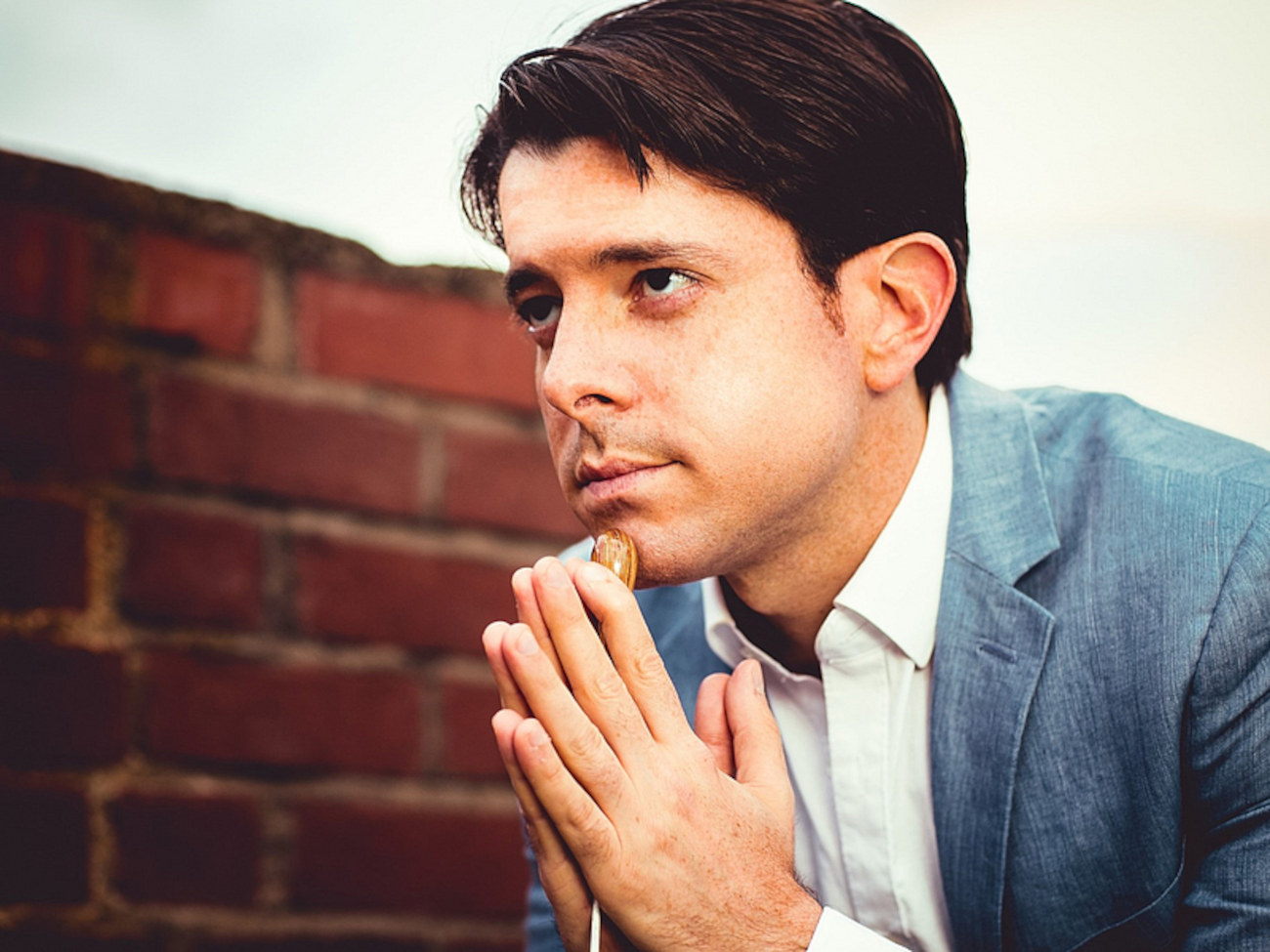
© Marcos Angeloni
The 39-year-old conductor already has many successes to his name. At the age of 25, he won first prize in the Teatro Colón “J. Martini” Conducting Competition in Buenos Aires. This marked the beginning of his international career, which led to crucial encounters with renowned conductors including Sir Simon Rattle, Pierre Boulez, and Riccardo Muti, for example. In 2018, Mariano Chiacchiarini received the ECHO Music Prize, German Record Critics’ Award, and KONEX Award in Music.
In December 2022, he surprised the university cafeteria with a Christmas-themed musical flash mob:
© Universität Bremen
In October 2022, the Institute for Artificial Intelligence equipped a new research laboratory with a kitchen and furniture to promote the suitability of robots for everyday use in helping people with physical disabilities. There is also a “digital twin” for international researchers. This will allow researchers in far-flung countries to work on these topics under the same conditions as on site and carry out real tests during their visit to Bremen.
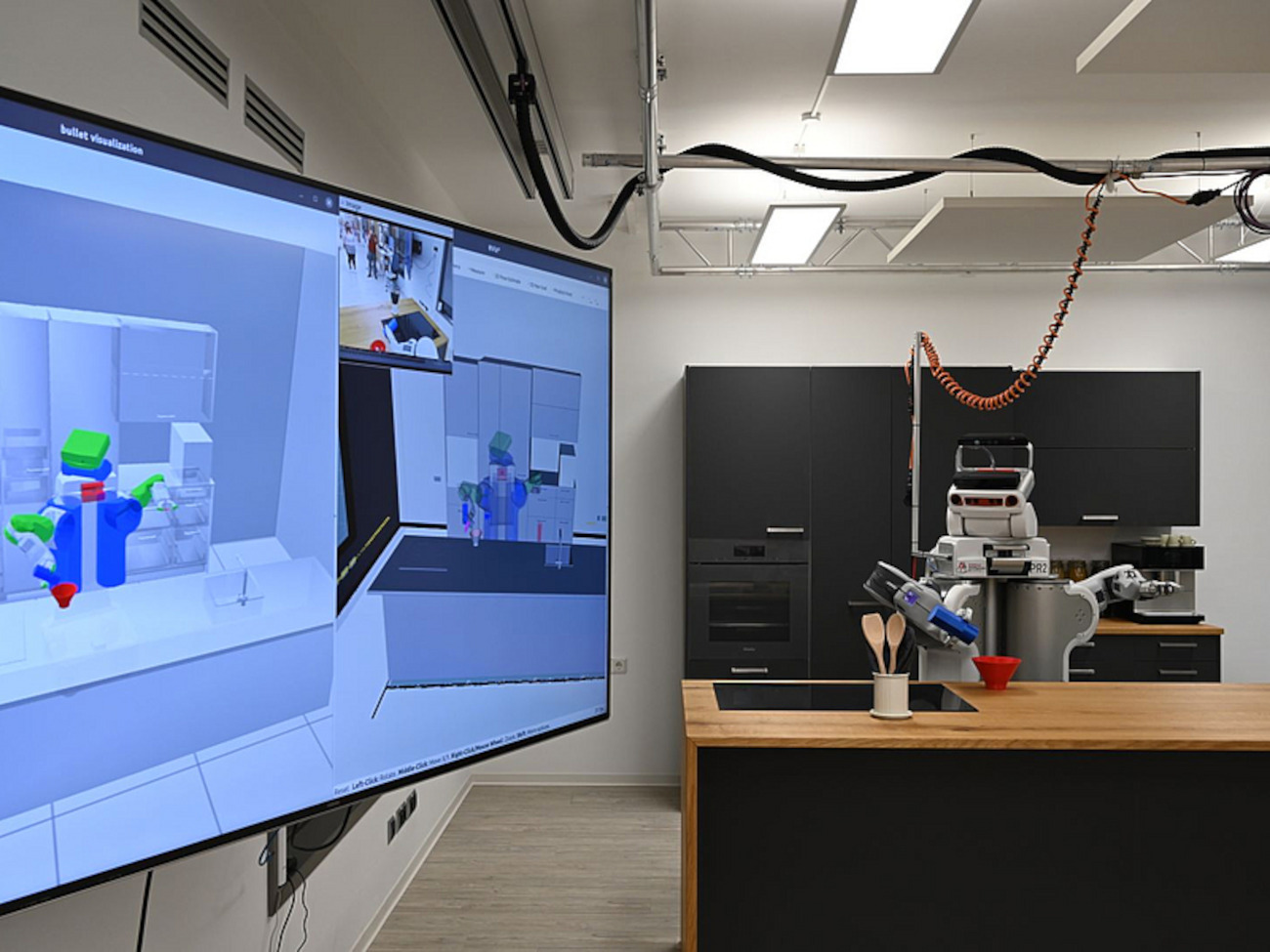
© Dominic Kastens / Universität Bremen
The laboratory apartment is equipped in accordance with the latest research standards, providing a solid foundation for research in AI-based robotics at the University of Bremen. This has included work involving the Institute for Artificial Intelligence with the Collaborative Research Center EASE (Everyday Activity Science and Engineering), the Center for Computing Technologies, as well as various projects and start-ups. In December, Antje Boetius was named “University Teacher of the Year”. The prize, which is awarded by the German Association of University Professors and Lecturers (DHV), honors the marine researcher at the University of Bremen as “an advocate of the oceans and outstanding communicator of science.” Antje Boetius has taken part in almost 50 expeditions on international research vessels. Her current research focuses on the effects of climate change on the ocean and the diversity of life in the deep sea. In 2009, she received the highly endowed Leibniz Prize of the German Research Foundation (DFG – Deutsche Forschungsgemeinschaft) and was elected a member of the Leopoldina German National Academy of Sciences. She is the recipient of the DFG Communicator Award and the 2018 German Environmental Award and was awarded the Order of Merit of the Federal Republic of Germany in 2019.
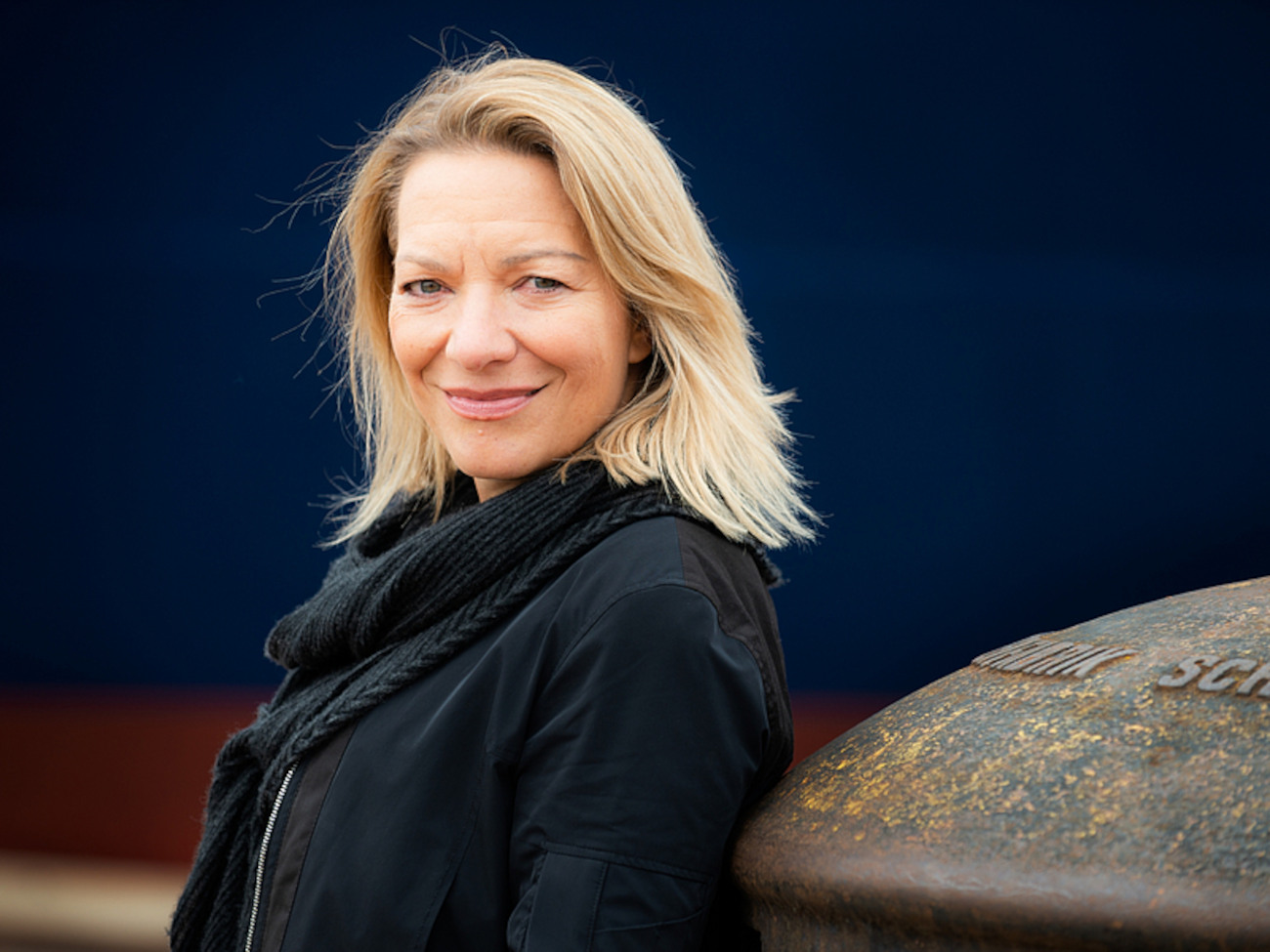
© Esther Horvath / Alfred Wegener Institut
As Professor of Geomicrobiology in the Department of Geosciences at the University of Bremen, she is also involved in the MARUM Excellence Cluster at the University of Bremen. Since 2017, she has been Director of the Alfred Wegener Institute, Helmholtz Centre for Polar and Marine Research in Bremerhaven, and Group Leader at the Max Planck Institute for Marine Microbiology in Bremen.
More Information about the History of the University of Bremen
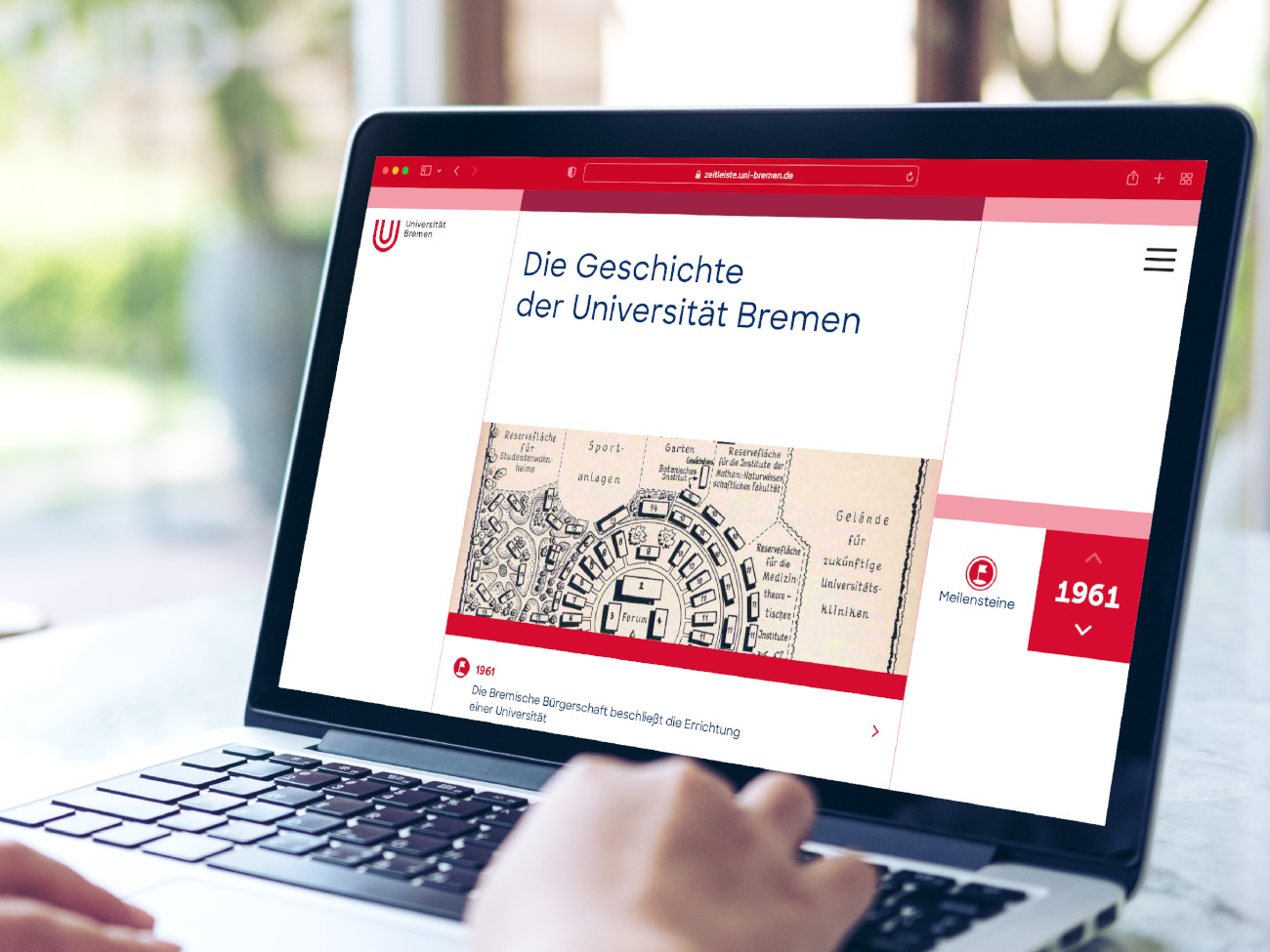
© Universität Bremen
Find out more about these milestones and other events from the University of Bremen’s past in the digital timeline The History of the University of Bremen / Home. The timeline is a project devised by the University Archive and the University Communication and Marketing Unit. It was created in 2021 as part of the university’s anniversary, initially encompassing milestones in the university’s history. Further historical and current events are being added over time.